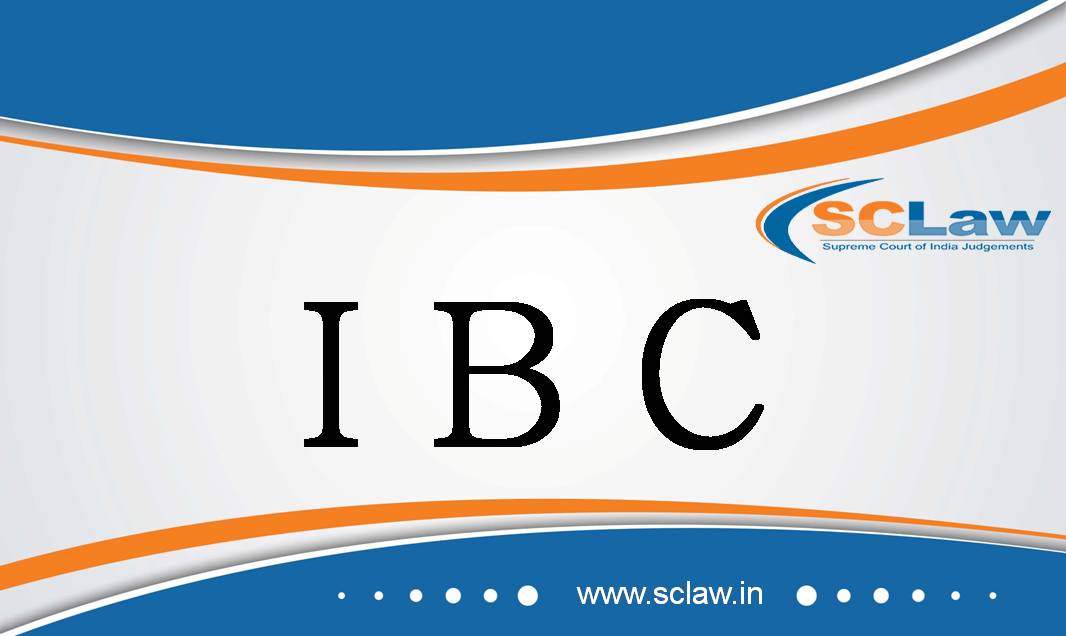Recovery Certificate – would be a “financial debt” – the holder of such certificate would be entitled to initiate Corporate Insolvency Resolution Process (CIRP), if initiated within a period of three years from the date of issuance of the Recovery Certificate.
SUPREME COURT OF INDIA FULL BENCH KOTAK MAHINDRA BANK LIMITED — Appellant Vs. A. BALAKRISHNAN AND ANOTHER — Respondent ( Before : L. Nageswara Rao, B.R. Gavai and A.S. Bopanna,…


